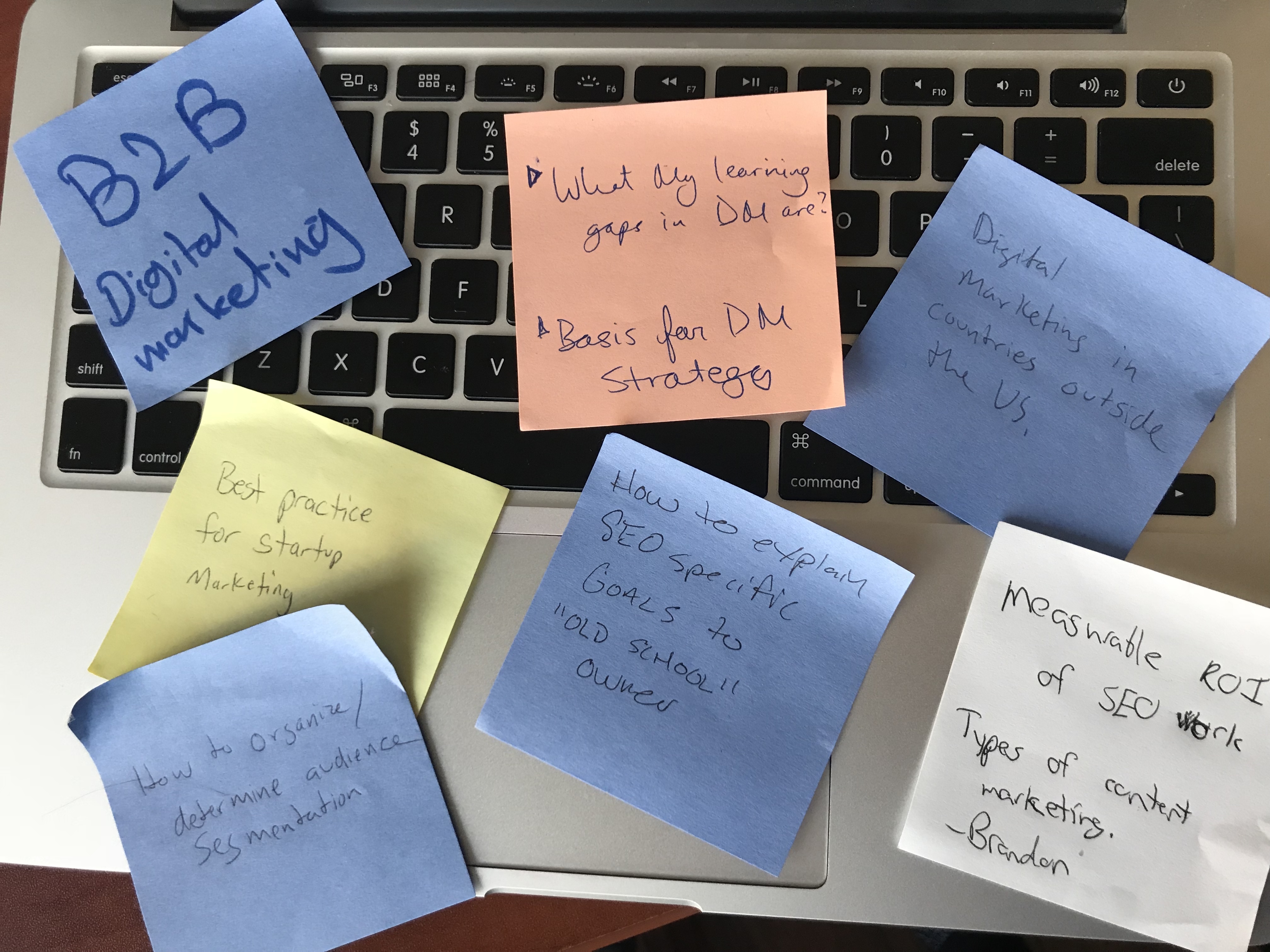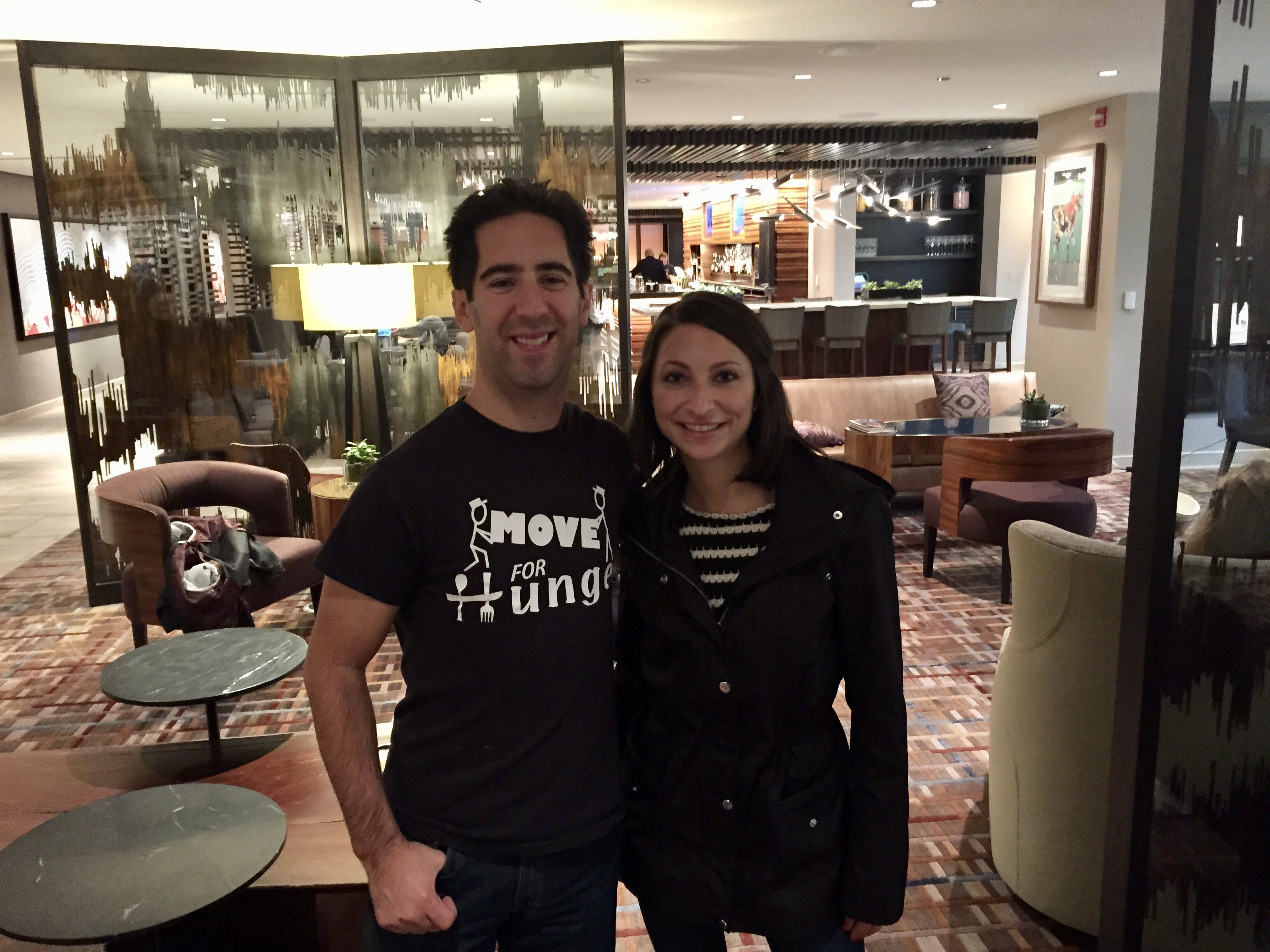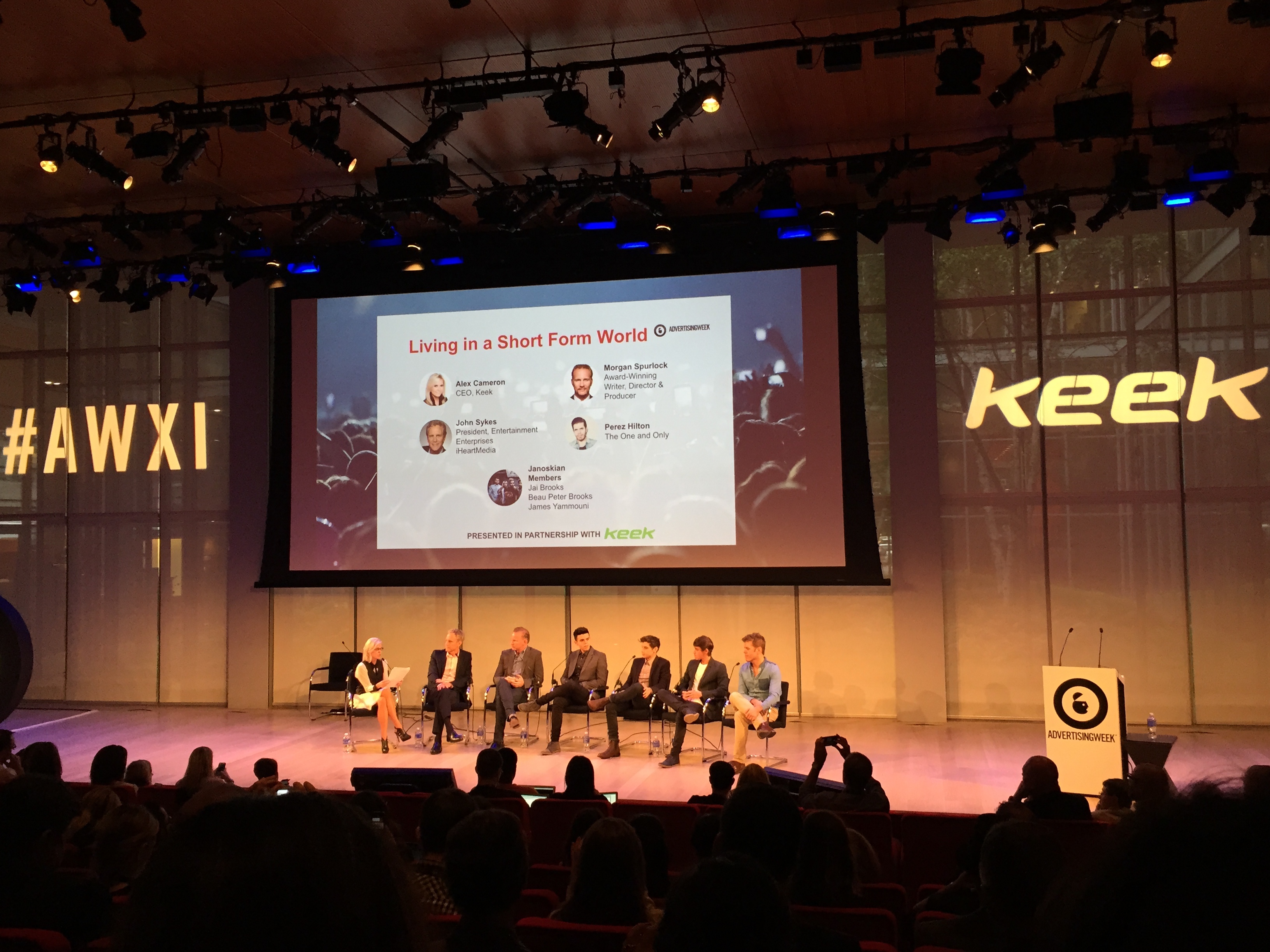
I read an article recently called Uber, Lyft, and the World of Continuous Partial Employment by Tim O’Reilly of O’Reilly Media that sparked some ideas about the ‘gig economy’ that we’ve found ourselves immersed in.
From the Consumer Perspective
Project-based jobs have popped up everywhere beyond Uber and Lyft to Instacart grocery delivery, Taskrabbit for handy tasks, Dolly for moving one to a handful of items, and even Uship, a service we used last year to ship a vehicle across the country. Many employees(?) or contract workers picking up shifts from these companies have work when there is demand (furthermore, we even see spiked pricing when demand is elevated), and assignments are often delegated by platforms or even digital algorithms, instead of people managers and traditional organizations that have historically driven roles and responsibilities. These services are certainly convenient and fill a need, especially when you’re in a bind, running late, or just need a few extra hands. But, how are those providing these services treated and what do these gigs mean to them?
This got me thinking about what it feels like to be valued by an entity that provides financial compensation for livelihood, or even extra spending cash.
From the Employee Perspective
For many, beyond a paycheck, benefits such as healthcare and other insurance policies, paid vacation days, and other perks add to that feeling of being valued by the organization that you’re contributing to. In a recent Forbes article, a study by Fit Small Business was referenced, stating that 34% of millennials chose health care as the most important benefit their employer can offer. The article also states, “while cost is usually a primary motivator for many decisions for large companies, other factors can play a role. Sometimes, the decision was as simple as knowing that healthy and happy employees are productive and good for morale.” Morale. Morals. What is the moral way to value employees and make them feel valued? Investing in the workforce, but furthermore, investing in our human workforce.
Can we have flexibility in hours worked (the way gigs are structured) and the peace of mind that benefits often provide by accompanying base pay? Is there value in temporary employment that is just that — temporary — no strings attached? For some, the answer is yes and the ability to pick up work between longer-term contracts, jobs, or in life stage transitions provides compensation to many. But, does the novelty and utilitarian function of “gigs” eventually cause burn out? How can we, as a society, continue to treat people as people, and not machines or machine-delegated shift workers? This quote stood out to me:
“Most powerfully, it is the notion that workers are just a cost to be eliminated rather than an asset to be developed.”
Tim references José Alvarez, a Harvard Business School lecturer, who quotes author Zeynep Ton’s book, Good Jobs Strategy, stating “[the book] has proven what great leaders know instinctively– an engaged, well-paid workforce that is treated with dignity and respect creates outsized returns for investors.”
So there we have it, the “gig economy” provides convenience in on-demand services for consumers. Employees want benefits that make them feel valued and help them perform better due to heightened morale. Companies who value employees and nurture them not only benefit from a more productive workforce, they practice morality, which pays off beyond job satisfaction, motivation, and loyalty, to company success.
Questions:
What benefits help you feel valued at work?
If you’ve picked up a “gig’ through an on-demand service, were you looking for no-strings-attached work or does this novelty wear off in lieu of employment with benefits? Was flexibility and the ability to pick up a shift a benefit in itself?










